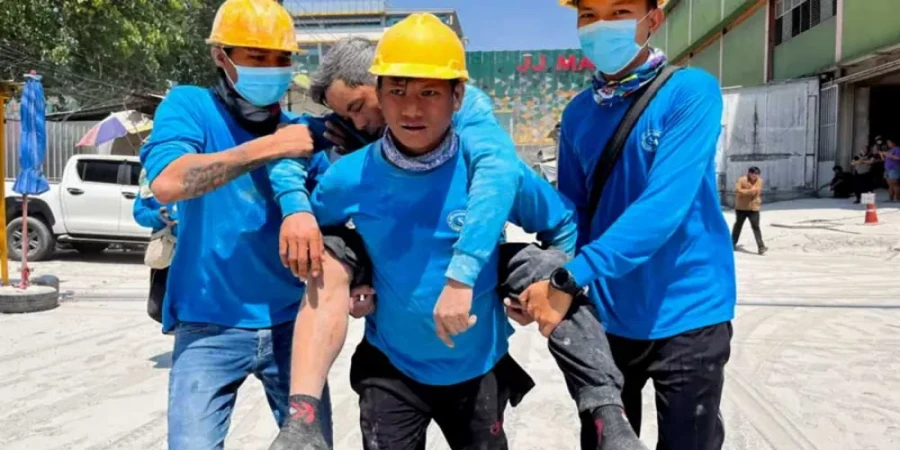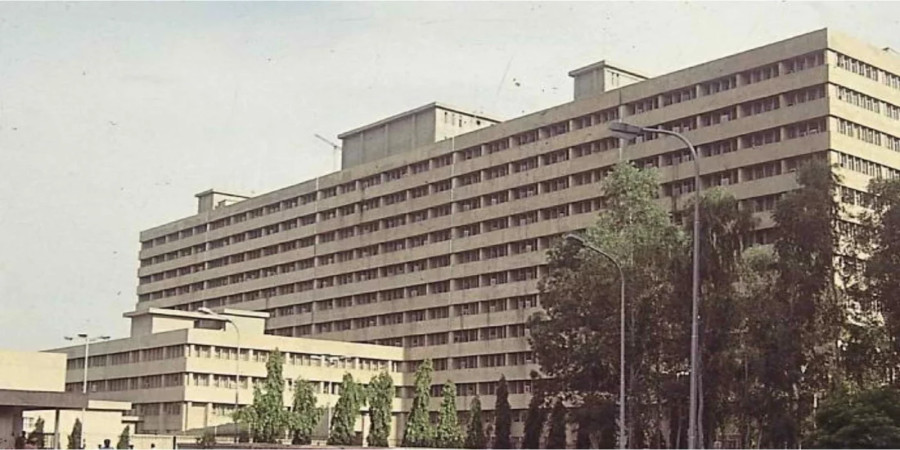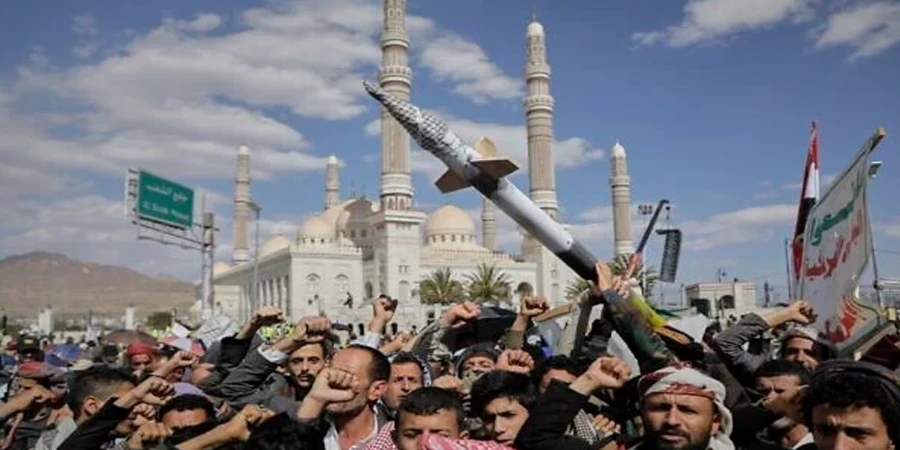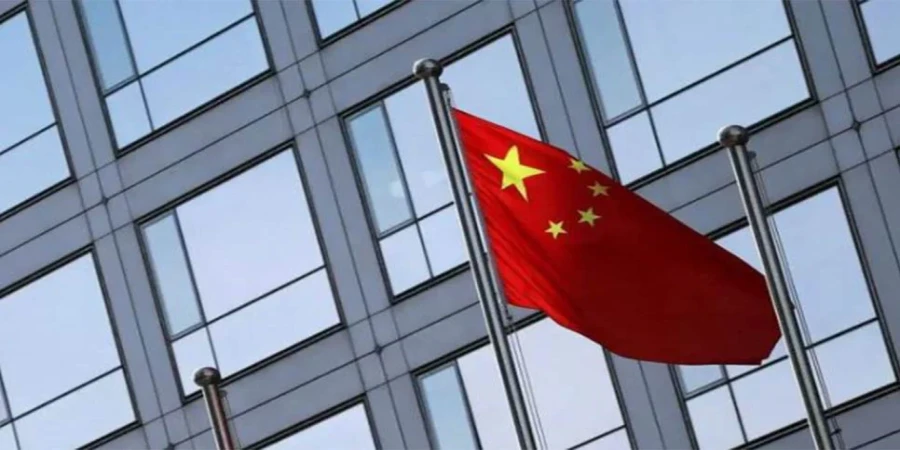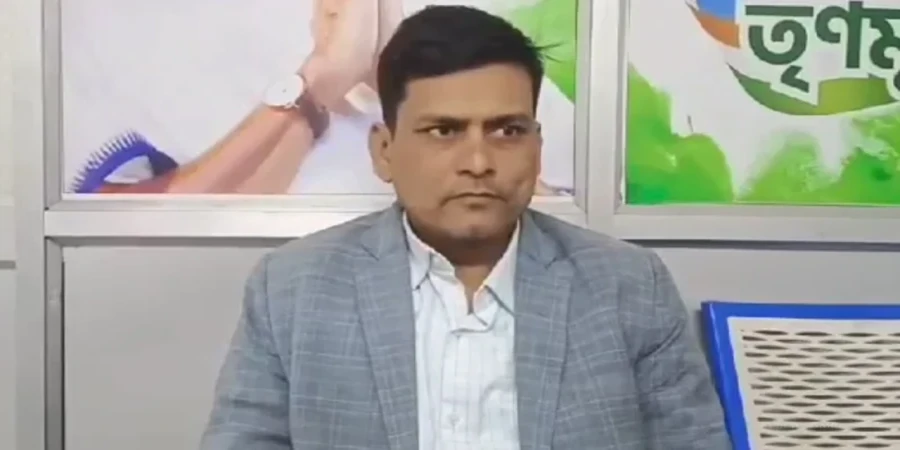
ছবি: Tinkur Rahman Biswas. Photo: Collected
On December 11, a leader from the ruling Trinamool Congress (TMC) party in West Bengal, Tinkur Rahman Biswas, made a provocative statement suggesting that the Muslim minority community in the state could seize control of Bangladesh within 15 minutes if the border were opened. The controversial remarks were made during a press conference held at the TMC office in Malda district, where Biswas serves as the president of the party's minority cell.
The statement quickly gained attention on social media, with a video of the press conference circulating widely. In his speech, Biswas called for a temporary opening of the border, claiming that West Bengal’s minority Muslim community could take over Bangladesh within a mere 15 minutes. He stated that no police or force would be necessary to accomplish this, fueling intense debate.
Biswas' comments came in response to criticism from Bangladesh's political party, BNP, which had made disparaging remarks about West Bengal's Chief Minister Mamata Banerjee. He further elaborated that the Muslim population in the state was "sufficient" for this task, emphasizing their readiness to act in defense of their interests. His statement appeared to criticize Bangladesh for its actions towards India's contribution during the 1971 Liberation War, claiming that India had supported Bangladesh during its formation but was now being disrespected by its leadership.
Biswas also remarked on the historical context, claiming that India had sheltered millions of refugees from Bangladesh during the war, and the nation had shown significant hospitality by supporting them. He questioned Bangladesh's current stance towards India, especially in light of actions such as the defacing of statues of India's first Prime Minister, Jawaharlal Nehru, and the founder of Bangladesh, Sheikh Mujibur Rahman.
This comment is especially significant as it comes just a day after Mamata Banerjee issued an order to her party's leaders to refrain from commenting on Bangladesh in the wake of the central government's decisions on the issue. Her directive sought to avoid further controversy, but Biswas's remarks have raised concerns over the leadership's control over party members and their rhetoric.
The controversy has sparked public debate over the handling of sensitive issues between India and Bangladesh. While many are condemning the statement, some support the leader's stance, citing frustration with Bangladesh’s actions against India in recent times. The incident highlights the complexities of Indian-Bangladeshi relations and the role of regional politics in shaping public discourse.
In light of the controversy, many have questioned whether such remarks from local political leaders could escalate tensions between the two neighboring countries. The comments come at a time when relations between India and Bangladesh are under scrutiny, with both nations dealing with a range of diplomatic issues, including border security, migration, and political ties.
The West Bengal TMC leader’s comments also reflect the larger political discourse within India, particularly in states with significant minority populations. It underscores the delicate balance political leaders must maintain when addressing sensitive international relations, especially when local issues are intertwined with broader geopolitical considerations.
As of now, there has been no formal response from Bangladesh regarding Biswas's statement, but the incident has added fuel to ongoing discussions about nationalism, minority rights, and the complexities of international diplomacy in South Asia.
The controversial remarks have prompted calls for greater responsibility from political leaders in managing their public statements, particularly on sensitive issues that could have diplomatic repercussions. It remains to be seen how the TMC leadership will respond to Biswas's remarks and whether this will affect the party's standing in both state and national politics.
repoter



